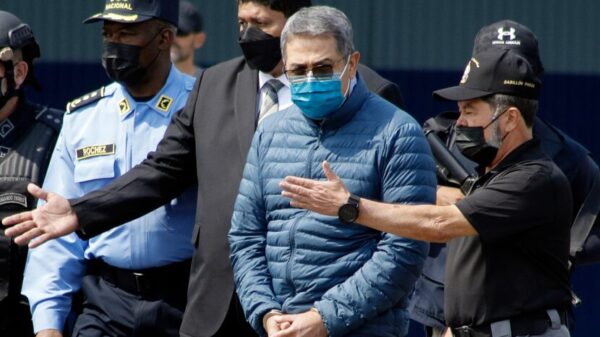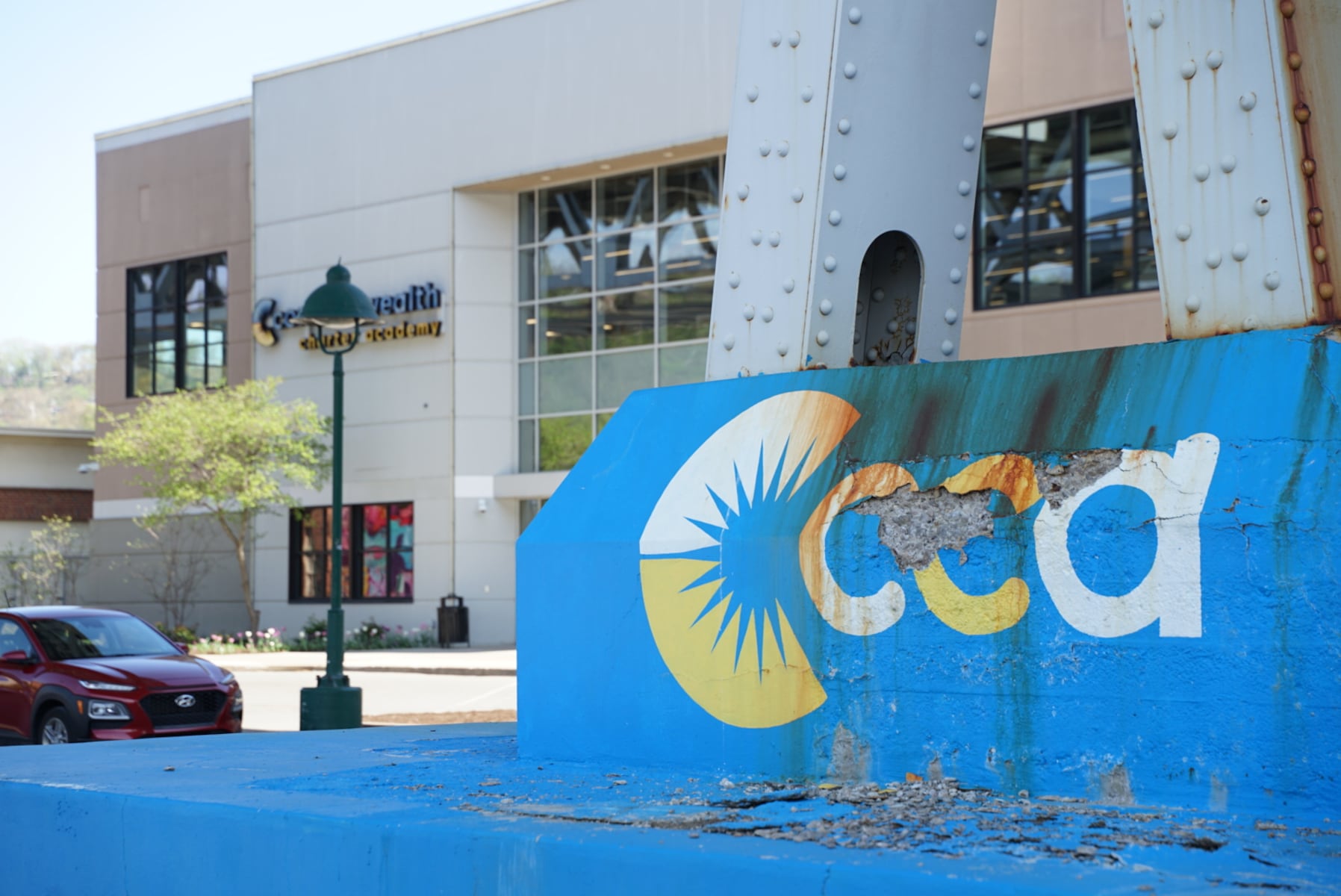The Commonwealth Charter Academy (CCA), Pennsylvania’s largest cyber charter school, is facing scrutiny as its rapid expansion has shifted focus away from academic quality, according to staff and parents. In just five years, CCA has welcomed over 25,000 new students, more than tripling its enrollment. This growth, while celebrated by some, has raised alarms about the school’s ability to maintain its educational mission.
On November 3, 2021, the CCA board of trustees convened an emergency meeting to discuss the potential termination of Adam Fraser, the school’s academic leader. Fraser’s four-year tenure was marked by his advocacy for maintaining academic standards in the face of overwhelming student numbers. The board’s decision to consider his dismissal highlighted concerns that the rapid growth of CCA was undermining its educational goals.
Fraser, who had served CCA for thirteen years and held the position of Provost, was vocal about the challenges posed by the influx of new students. His supporters, including parents like Sarah Rodriguez, expressed gratitude for his dedication. “This man has been an absolute godsend to my family,” Rodriguez stated during the board meeting, emphasizing Fraser’s personal commitment to student well-being.
Despite Fraser’s support from parents and staff, CCA’s leadership accused him of insubordination, claiming he attempted to create a subculture that undermined the administration. The board’s investigation into Fraser’s conduct began after he allegedly raised concerns about academic performance to fellow staff members without involving CEO Tom Longenecker. The school’s administration moved swiftly, seizing Fraser’s computer and recommending his termination, citing “actions detrimental to the mission and effective operation of Commonwealth Charter Academy.”
Fraser countered that his concerns were legitimate, stemming from the significant changes brought about by the school’s rapid hiring of new teachers. “When we grew so quickly during COVID, we got away from doing some of the things that we routinely have done really well,” he explained. He emphasized the need for a renewed focus on academic excellence, which he believed had suffered under the weight of over 10,000 new students.
During the board meeting, over 130 participants joined via Zoom to voice their support for Fraser. The turnout was notably high for CCA, which typically sees only a handful of attendees at its meetings. Parents underscored Fraser’s commitment to their families, recounting instances where he went above and beyond to assist students.
CCA’s leadership defended its rapid growth, asserting that it reflects the trust families have placed in the institution. Tim Eller, a spokesperson for CCA, stated, “We’re proud to be the most sought-after and fastest-growing public school entity in Pennsylvania.” However, many staff members expressed concerns about the implications of such rapid expansion. They reported that the school’s priorities and identity have shifted, making it feel more like a business focused on enrollment rather than a dedicated academic institution.
Fraser’s position required overseeing the hiring of approximately 1,000 new employees within a short span. He noted the challenges of managing performance evaluations for new staff amidst the school’s growth. “I’m literally hiring people till 11 p.m., reorganizing departments,” he remarked, highlighting the strain placed on existing resources and personnel.
Concerns about CCA’s focus on enrollment growth have been echoed by numerous employees, some of whom left the institution due to worries about the impact on student outcomes. A former special education teacher shared that the focus on growth had resulted in an influx of students who were not adequately prepared for the cyber environment. “It was like they were just convincing parents to enroll their children without consideration for their academic needs,” she said.
Despite these critiques, some staff members believe CCA is adapting to its challenges effectively. Eller dismissed the concerns raised by former employees as isolated comments that do not reflect the overall experience of the CCA community. “Isolated comments from a handful of current or former staff members do not reflect the actual experience of the thousands of families, teachers, administrators, and support personnel who are proud to be part of the CCA community,” Eller stated.
The internal culture at CCA has also shifted with the influx of new staff. A parent noted that the connections between teachers and students have diminished as many new hires struggled to adjust to the demands of the cyber education environment. “They didn’t feel as human and connected as they used to,” she remarked.
Fraser’s dismissal was ultimately decided by a 5 to 2 vote from the board, with the two dissenting votes coming from parent members. During the board meeting, parents expressed confusion about the charges against Fraser and the hastiness of the proceedings. The former board president, Ralph Dyer, attributed the situation to a lack of clarity, stating, “People here have heard basically one side of the story.”
As CCA continues to navigate the challenges of its rapid growth, questions remain about its commitment to academic quality and the well-being of its students. Fraser, who declined a year’s salary to leave voluntarily, reflected on his experience, stating, “I need that human interaction,” emphasizing the importance of personal connections in education.
The ongoing developments at CCA underscore the complexities faced by rapidly growing educational institutions, raising important questions about how such organizations can balance growth with their core educational missions.





































































